After any accident or physical trauma, you must watch for signs of whiplash. Whiplash is an injury not to be taken lightly because, when left untreated, it can lead to long-term pain and other health problems.
Whiplash can occur after any car accident, but it is most common in rear-end collisions. It can also happen if you are involved in a high-speed impact or if you are hit from the side.
Whiplash can also occur during a sports injury, such as when you are tackled in football or hockey. If you notice or deal with any of the following symptoms, please see a head and neck specialist like an Upper Cervical chiropractor in San Diego. Massage, physical therapy, and painkillers can provide temporary relief, but only a head and neck specialist can address the underlying cause of your whiplash injury.
1. Stiff neck
If you can’t turn your head, it may feel like your head is “stuck.” You may be unable to look over your shoulder when you back up the car or check for traffic. The first sign of whiplash is when you can’t turn your head to any side or direction due to a stiff neck. This is due to the strain or sprain of your muscles and ligaments after a forceful accident. Sometimes, your neck vertebrae may even shift out of alignment.
Be on the lookout for pain, stiffness, and immobility in your neck. Ignoring them and not getting treatment can result in weak neck muscles and instability. Ligament instability with misalignment of the atlas vertebrae can cause a straightening or reverse curvature of the cervical spine.
2. Headaches that won’t go away
Whiplash-induced headaches are common; unfortunately, taking over-the-counter painkillers won’t help. Headaches are due to pressure on the brainstem and spinal cord at the craniocervical junction. They can be helped with the NUCCA method, a specially designed technique of Upper Cervical Chiropractic.
3. Ringing in the ears
Also known as tinnitus, the constant ringing in your ears may indicate nerve irritation and pressure changes in the inner ear. Upper Cervical specialists (NUCCA chiropractors, for example) are trained to locate and correct misalignments in the upper neck, which can relieve pressure on the nerves and blood vessels leading to the ears.
4. Pain or difficulty swallowing
During accidents that lead to whiplash, your neck or head overextends. The sudden force and motion may lead to your jaw and upper neck getting out of alignment. Realigning your jaw and neck can alleviate the pain and help you to swallow more easily.
5. Pain and tingles in the body
Whiplash affects your neck (cervical spine). Even a tingling sensation in your fingers may be a sign of whiplash. Your other body parts—for example, your arms and legs—may feel changes in sensation or, worse, nerve damage.
6. Dizziness or problems with your balance
Whiplash can compromise the brain, brainstem, and cerebellum through the upper neck. You might experience dizziness or problems with balance and coordination, which may persist long after the initial injury.
7. Sensitivity to light and noise
If you’re suddenly more sensitive to light and noise, this could be a sign of whiplash. It’s caused by how the brain processes information being affected. Even though this is an extension of headaches and migraines, some cases only have isolated light and noise sensitivity.
8. Concussion
Often, whiplash and concussion come hand in hand. A concussion occurs when your brain rapidly hits your skull in a whipping motion. It may cause dizziness, insomnia, cognitive difficulty, and personality changes.
9. Anxiety and irritability
Mood changes are common following whiplash. You may feel angry, frustrated, anxious, or irritable, especially if your injuries limit your daily activities. Early diagnosis and care can help manage these emotional changes.
10. Insomnia
Difficulty sleeping is common after a car accident. Pain, trauma, and neurological effects can make rest difficult. If you’ve suffered whiplash, seek care immediately to avoid long-term health concerns.
To schedule a consultation with Dr. Soham, call our San Diego office at (858) 432-3072.
If you are outside of the local area, you can find an Upper Cervical Doctor near you at www.uppercervicalawareness.com.


